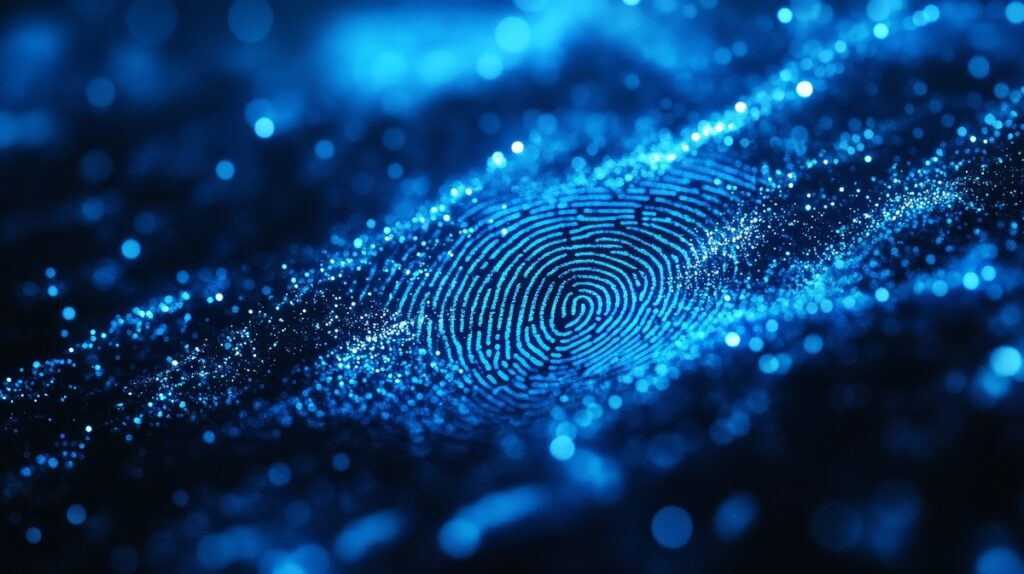

Forensic evidence in Louisiana criminal trials carries tremendous weight with juries, who often view scientific testing as infallible proof of guilt or innocence. However, forensic evidence is far from perfect and can be challenged through multiple legal strategies that examine everything from collection procedures to laboratory analysis and expert testimony.
At the John D. & Eric G. Johnson Law Firm, we understand that challenging forensic evidence requires both scientific knowledge and courtroom experience to expose flaws that could undermine the prosecution’s case. With over three decades of criminal defense experience throughout Louisiana, attorney Eric Johnson has successfully challenged forensic evidence in cases ranging from drug possession to violent crimes, often resulting in suppressed evidence or acquittals.
Types of Forensic Evidence in Louisiana Criminal Cases
Louisiana criminal trials commonly feature DNA evidence, fingerprints, ballistics analysis, drug testing, digital forensics, and toxicology reports. Each type of evidence follows specific collection, preservation, and analysis protocols that create opportunities for challenge when procedures aren’t followed correctly. DNA evidence, while highly reliable when properly handled, can be contaminated, degraded, or misinterpreted during analysis.
Fingerprint analysis, once considered foolproof, has faced increasing scrutiny as experts acknowledge the subjective nature of pattern matching and the potential for human error. Drug testing results can be challenged based on improper field testing, laboratory contamination, or chain of custody issues that compromise evidence integrity.
Digital forensics present unique challenges in an era where electronic evidence plays an increasingly important role in criminal cases. Cell phone data, computer files, and internet activity records must be properly extracted and authenticated to be admissible in court.
Chain of Custody Requirements
Louisiana law requires prosecutors to establish an unbroken chain of custody for all physical evidence from collection through trial. This means documenting every person who handled the evidence, when transfers occurred, and how the evidence was stored and protected. Gaps in the chain of custody can provide grounds for excluding evidence entirely.
Common chain of custody problems include missing documentation, improper storage conditions, unauthorized access to evidence, or failure to properly seal and label items. Even minor discrepancies in paperwork can sometimes result in evidence suppression if they raise reasonable doubts about evidence integrity.
Legal Standards for Challenging Forensic Evidence
Louisiana follows the Daubert standard for evaluating the admissibility of scientific evidence, requiring judges to act as gatekeepers who determine whether expert testimony and forensic evidence meet reliability standards. This involves examining the scientific method used, whether the technique has been peer-reviewed, known error rates, and general acceptance within the relevant scientific community.
Pre-trial motions to exclude forensic evidence, known as Daubert motions, allow defense attorneys to challenge the reliability of forensic techniques before they reach the jury. These motions require detailed analysis of the scientific literature, laboratory procedures, and expert qualifications to demonstrate that the evidence fails to meet constitutional and evidentiary standards.
Cross-Examination Strategies
Effective cross-examination of forensic experts requires understanding both the science behind the testing and the specific procedures used in your case. Defense attorneys must be prepared to question laboratory protocols, equipment calibration, analyst training, and quality control measures that could affect result accuracy.
Laboratory accreditation and analyst certification provide additional avenues for challenge. Many crime labs have faced criticism for inadequate oversight, contamination issues, or analyst misconduct that calls into question the reliability of their results. Recent scandals at crime labs across the country have highlighted systemic problems that can affect thousands of cases.
Expert witnesses can be challenged on their qualifications, methodology, and conclusions. Even highly credentialed experts can make mistakes or reach conclusions that exceed what the evidence actually supports. Effective cross-examination exposes these weaknesses and helps juries understand the limitations of forensic evidence.
Common Forensic Evidence Problems
Laboratory contamination represents one of the most serious threats to forensic evidence reliability. When multiple cases are processed simultaneously, cross-contamination can occur through improper cleaning procedures, shared equipment, or human error. DNA contamination is particularly problematic because even microscopic amounts can produce false positive results.
Interpretation errors occur when analysts exceed the limits of scientific certainty or fail to acknowledge alternative explanations for their findings. DNA mixtures from multiple contributors, degraded fingerprints, or complex drug chemistry can lead to misinterpretation if analysts aren’t properly trained or supervised.
Equipment malfunctions and calibration issues can produce inaccurate results that may not be discovered until after trial. Regular maintenance records, calibration logs, and quality control testing provide important information for challenging questionable results.
Discovery Rights in Forensic Evidence Cases
Louisiana law provides defendants with broad discovery rights regarding forensic evidence, including access to laboratory reports, analyst notes, equipment maintenance records, and proficiency testing results. This information is crucial for identifying potential problems with the evidence and developing effective challenge strategies.
Independent testing by defense experts can sometimes reveal problems not apparent from prosecution reports. When financial resources permit, having evidence retested by qualified independent laboratories can provide powerful evidence to counter prosecution claims.
Contact Our Criminal Defense Team
Challenging forensic evidence requires extensive preparation, scientific understanding, and courtroom experience to effectively expose weaknesses that could undermine the prosecution’s case. Our firm has successfully challenged various types of forensic evidence in Louisiana courts, often resulting in suppressed evidence that leads to reduced charges or acquittals. Attorney Eric Johnson’s trial experience includes cases involving complex forensic evidence, and he understands how to present technical challenges in ways that juries can understand and appreciate.
Don’t let questionable forensic evidence determine your fate—contact the John D. & Eric G. Johnson Law Firm today at (318) 377-1555 or through our contact form to ensure your defense team thoroughly examines all evidence against you and challenges any scientific testimony that fails to meet constitutional standards.
